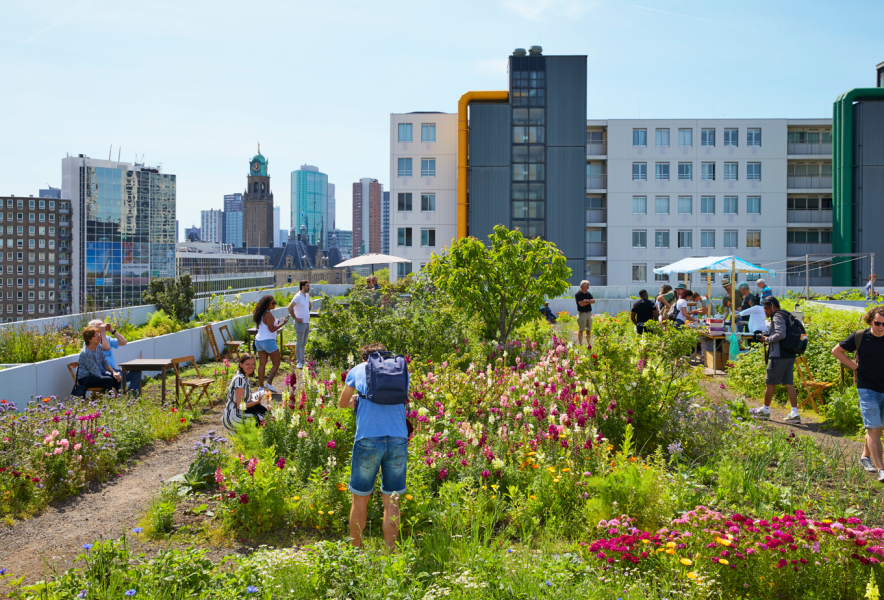 Photo: Udruženje Ekonaut
Photo: Udruženje EkonautGarden communities have found their place in all major world capitals and became very popular, both because of the concrete benefits of urban agriculture, but also because of the opportunity they provide to all generations to pursue healthy hobbies in the field of horticulture.
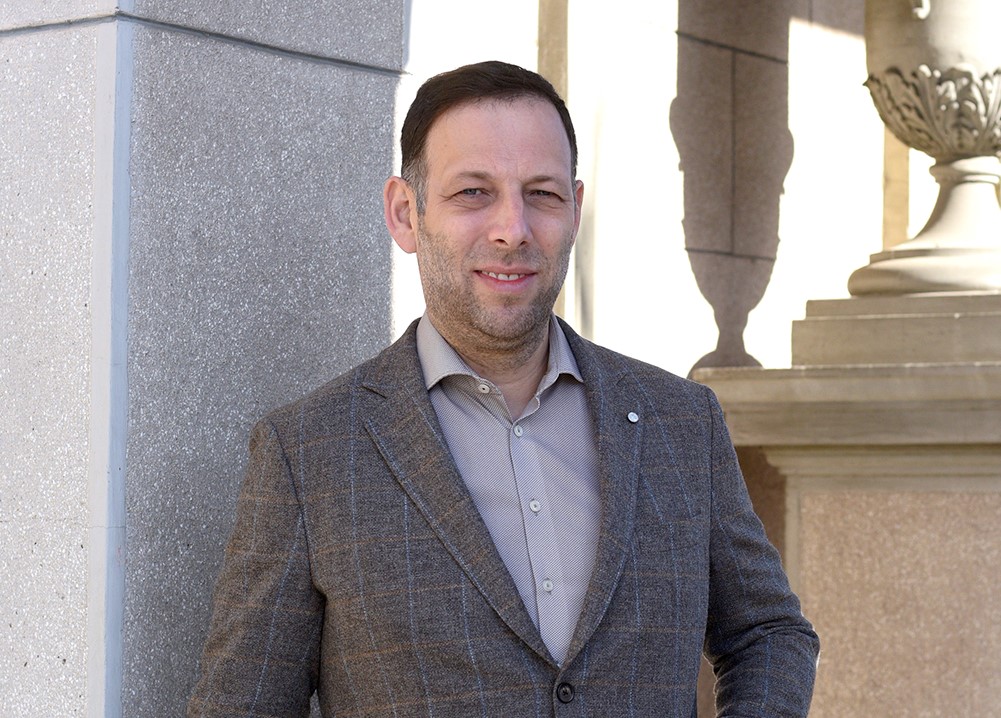
MARKO STOJČIĆ, MAIN URBAN PLANNER OF THE CITY OF BELGRADE
Our citizens did not resist to this trend either, although this activity in Belgrade is not regulated by any law or regulation. According to some estimations, at least 100 hectares of land in the Serbian capital are used for these purposes, and garden communities that appeared on the edge of the neighbourhoods and in forests in New Belgrade, Karaburma, Banjica, Košutnjak, and even on the Great War Island - are practically wild garden communities.
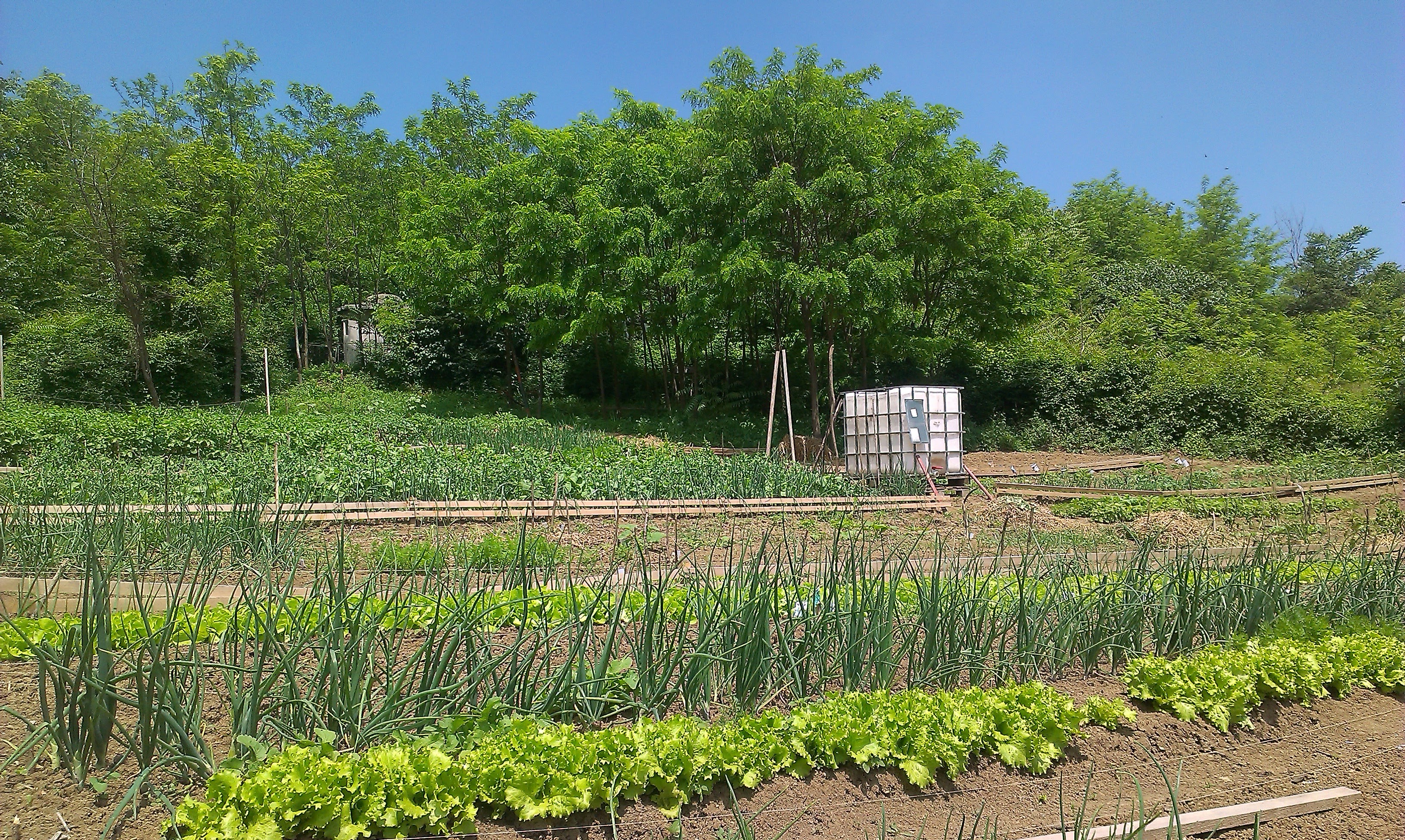
Our magazine wrote extensively on this topic a month ago, when Sabina Kerić, founder of the Econaut association, told us how one can become a member of a garden community, where are the plots available in Belgrade and how this civic voluntary initiative works in conditions when the city authorities are still yet to regulate and make urban gardens official.
In the meantime, we contacted Marko Stojčić, the main urban planner of the city of Belgrade, and asked him if and when the city will regulate this area and what are the city's plans regarding urban agriculture.
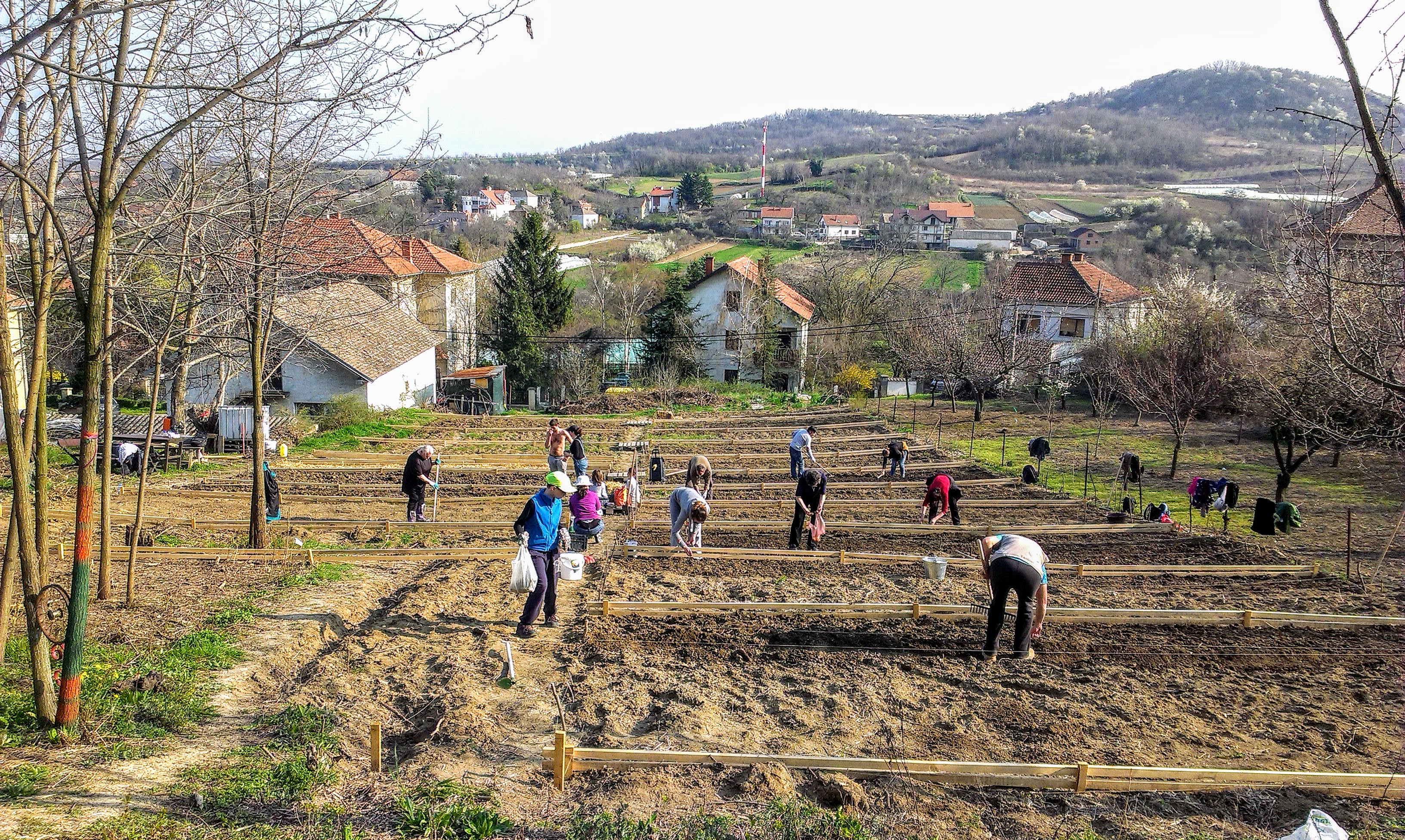
"The first step is for the Urban Planning Institute to make a plan with potential locations where it will be possible to develop garden communities". We currently have in mind several locations, and among them is the future Line Park, which is currently under construction, and which will have a section dedicated to garden communities. We are trying to activate flat roofs in Belgrade wherever it is possible, in order to develop urban agriculture there as well. By renting those areas on the roofs, residential buildings could be financed, as well“, says Marko Stojčić.
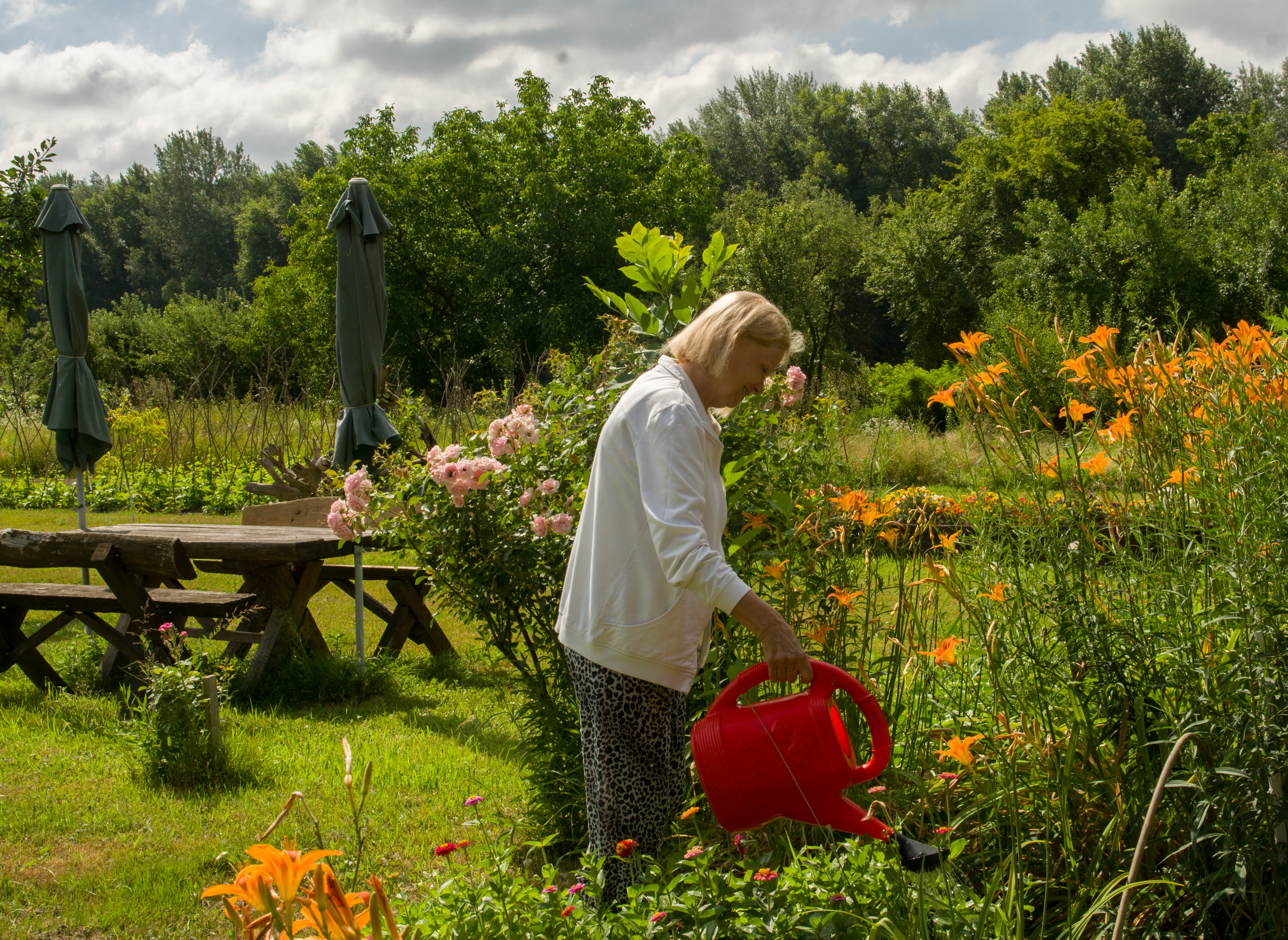
Apart from locations, one of the main issues is how to legally regulate this area. More precisely, how to provide citizens with the freedom to engage in arranging public, urban green areas, but also to oblige them to be responsible towards the public good that they use for personal needs.
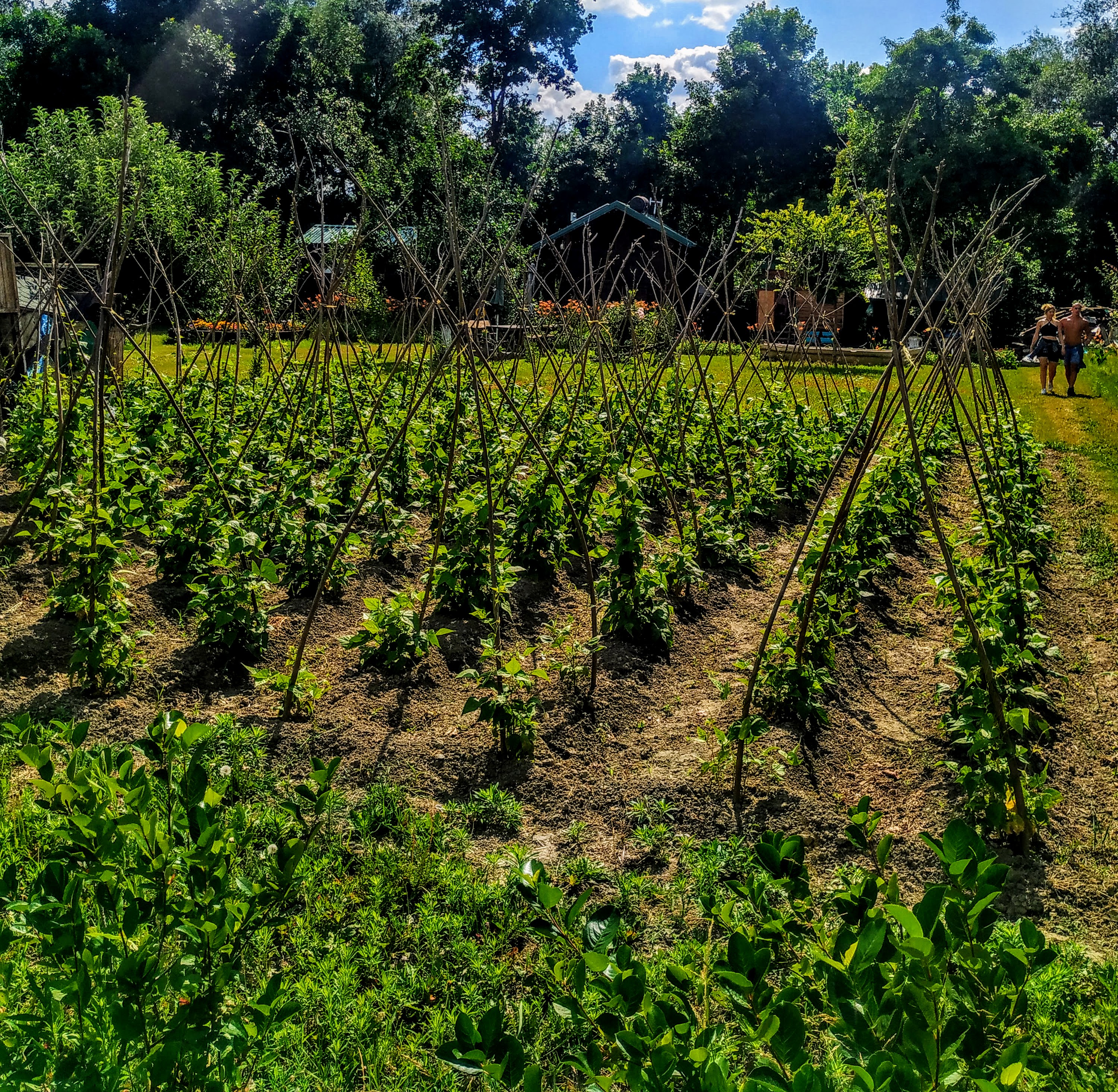
"We are trying to find an appropriate legal model, and we are mostly looking to examples from abroad, where legal issues have been resolved. This is the most important step, because there is a space for such initiative in our city. It is important to regulate how citizens can arrange gardens for a period of time that suits them, but in a way that after the end, they do not remain neglected and unarranged areas. On the other hand, the food that would be produced on those areas has some concrete value, and the strategic development plan until 2030 predicts that Belgrade mostly produces the food that it needs, "says Stojčić.
Text: Gordana Knežević Monašević
Photo: Udruženje Ekonaut